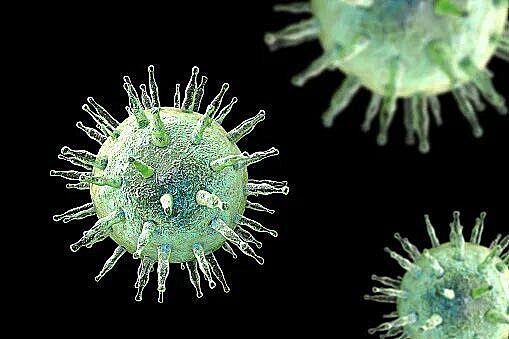Infectious disease is the study of bacterial and viral pathogens that infect the body and cause adverse—sometimes serious—complications. Infectious diseases range in type and severity from the common cold to HIV. In all instances, however, the disease is caused when micro-organisms inhabit a spot or system within the body.
Several factors can contribute to the cause and severity of an infection:
- Toxins — some micro-organisms release toxins that can contribute to the severity of an illness or are the cause of the illness altogether.
- Virulence — some diseases, or pathogens, are stronger and more resistant to the body’s own defense mechanisms.
- Resistance — micro-organisms can mutate and become resistant to antimicrobial agents. These micro-organisms are better suited to resist


